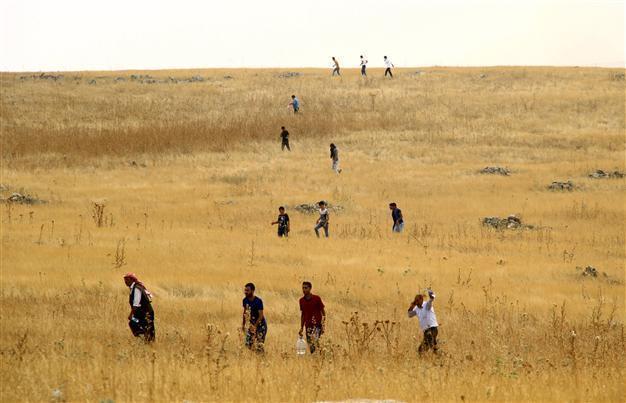Council of Europe urges immediate access to Cizre by independent observers
ANKARA

REUTERS photo
Council of Europe’s Commissioner for Human Rights, Nils Muižnieks has urged Turkish authorities to allow independent observers to enter Cizre, amid growing concerns of serious human rights violations.
“Thus far, the information provided by the authorities does not allay all concerns. I urge the authorities to ensure immediate access to Cizre by independent observers, including by Turkey’s national human rights structures, in order to dispel the rumors of human rights violations perpetrated by security forces. I hope for a quick end to this emergency situation,” Muižnieks said in a written statement Sept. 11.
The curfew declared in Cizre, a city of 100,000 inhabitants in the southeastern province of Şirnak, has entered into its eighth day, with reports on continuing clashes between security forces and militants of the Kurdistan Workers’ Party (PKK). Interior Minister Selami Altınok has said that 30-32 terrorists have been killed in clashes, while there are claims of a loss of around 20 civilians so far.
The commissioner highlighted his concern for Cizre, amid his increasing alarm regarding the recent increase in violence around the country.
“I have received reports that public life, including essential services such as healthcare, and means of communication have been severely disrupted as a result [of the curfew], and that entry and exit from the city have been barred. More disturbingly, I have also received serious allegations of disproportionate use of force by security forces against civilians,” he said.
He also said he did not question the Turkish authorities’ right to carry out anti-terror operations “in a particularly difficult and violent context.” However, he added, “the proportionality and legality of such operations must always be very carefully scrutinized by the authorities and by courts, including in the light of relevant international human rights standards.” He reiterated his deep concern for the current situation, as “an exceptionally severe interference with the human rights of a very large population and a near-complete information blackout.”
